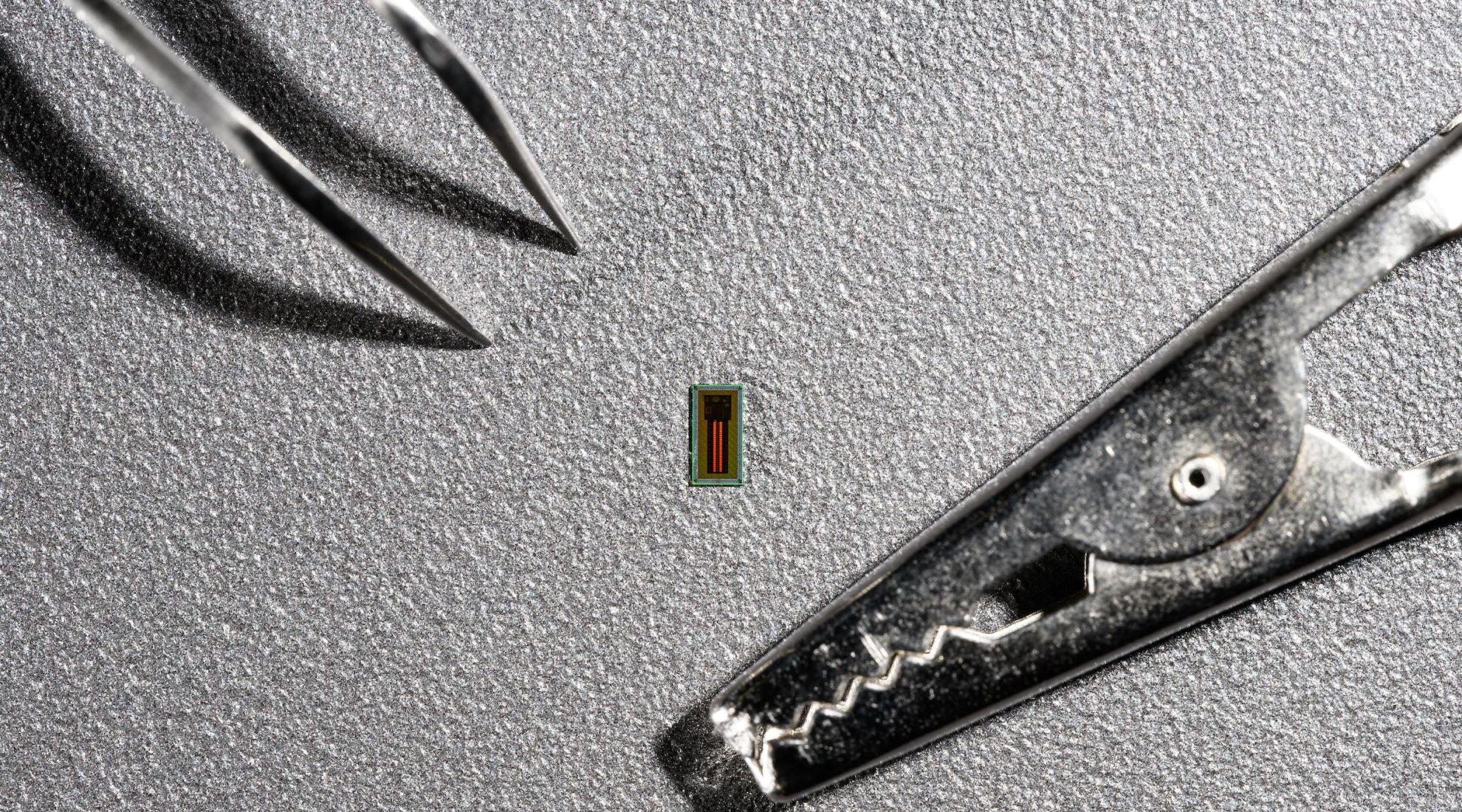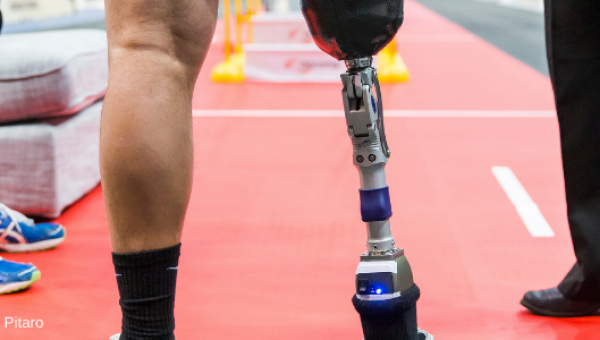Turning thoughts into text with a new mini brain chip

A new miniature microchip converts thoughts into text with high precision.
A tiny 2.5mm2 chip for the human brain could soon improve the lives of people with severe motor disorders. The miniaturised brain-computer interface (MiBMI), developed by a group of researchers at the EPFL in Lausanne, is particularly impressive for its small size.
Translation of human brain activity with 93% accuracy
According to the press release, such systems are usually bulky, consume a lot of energy and are limited in their practical application. The MiBMI represents a major advance in brain-machine interfaces. The chip translates human brain activity into 31 characters with an accuracy of over 93%, a significant improvement over previous versions of such interfaces.
This advancement brings us closer to practical, implantable solutions that can significantly enhance communication abilities for individuals with severe motor impairments
Current brain-machine interfaces record data from electrodes implanted in the brain and then send the signals to a separate computer for decoding. The MiBMI chips record the data but also process the information in real time, speeding up the process significantly.
Decoding neural signals in real time
To enable the interface to decode thoughts, electrodes are implanted in a person's brain. The person imagines writing letters or words, which generates neural signals. The electrodes record the neural activity associated with the motor actions of writing and send it to the MiBMI chip for decoding. The miniature chip processes these signals in real time and translates the brain's intended hand movements into the corresponding digitally readable text. This enables people with severe motor impairments caused by conditions such as ALS, locked-in syndrome or spinal cord injuries to express themselves in writing.
New processing method for data analysis
In order to keep the amount of data as small as possible and thus enable the chip to be miniaturised, the researchers had to develop a completely new method of analysing the data from the thoughts. They found that each letter triggers special markers in the brain called distinctive neural codes (DNCs). The chip processes these DNCs – which amount to about 100 bytes, rather than the thousands of bytes of data generated for each letter.
The new chip will eventually be used for more than just text generation. According to the researchers, partnerships are already in place with other research groups for applications in speech decoding or motion control.




